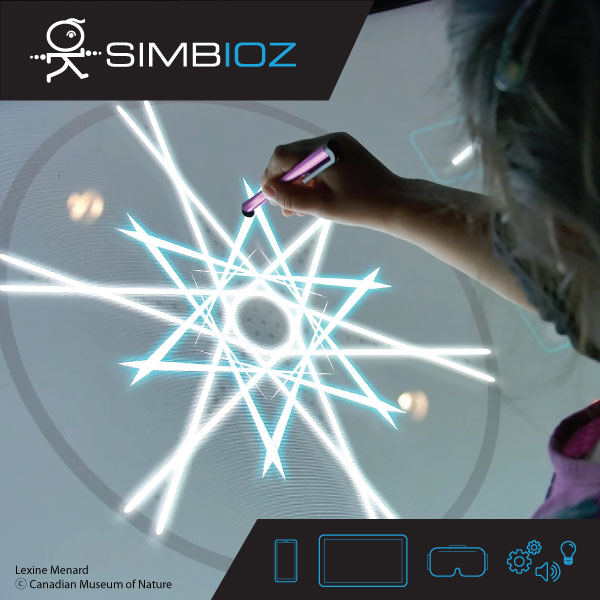The Decolonization of Museum Education
Tania Muir
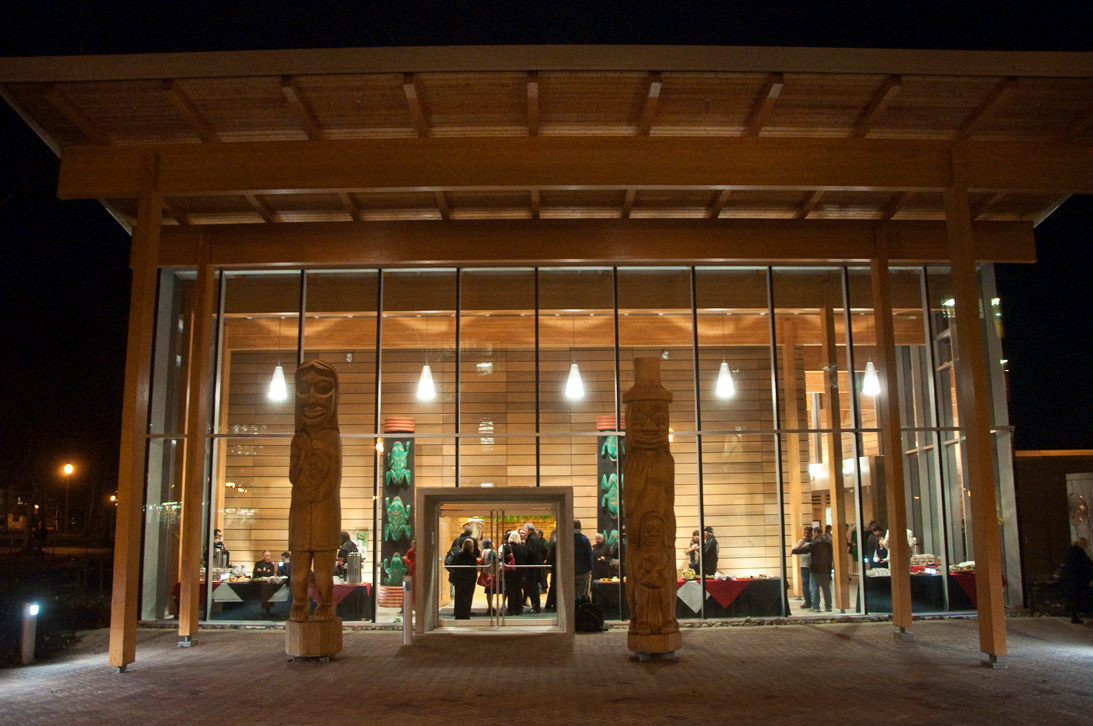
First Peoples House, University of Victoria.
Nəc̓əmaat kʷəns čeʔi | Work Together
We are stronger when we work together. While individual strands of cedar are strong on their own, they are stronger when braided together.
As colonial institutions, universities have played a central role in the colonization of Indigenous Peoples and, in many ways, they continue upholding the colonial systems policies and processes that perpetuate harm. This includes the reinforcement of colonial ideology within university curriculum which privileges western-centred ideas and perspectives to the exclusion of Indigenous views and research practices.
Informed by myriad reports and studies including the National Indian Brotherhood 1972 report, Indian Control of Indian Education, educational institutions are widely aware of the impact of colonial approaches to education and the need to do better. I am grateful to work for an institution who takes this commitment seriously and has been working for years on groundbreaking programs in Indigenous Language Revitalization, Indigenous Law, Social Work, and Indigenous Fine Arts.
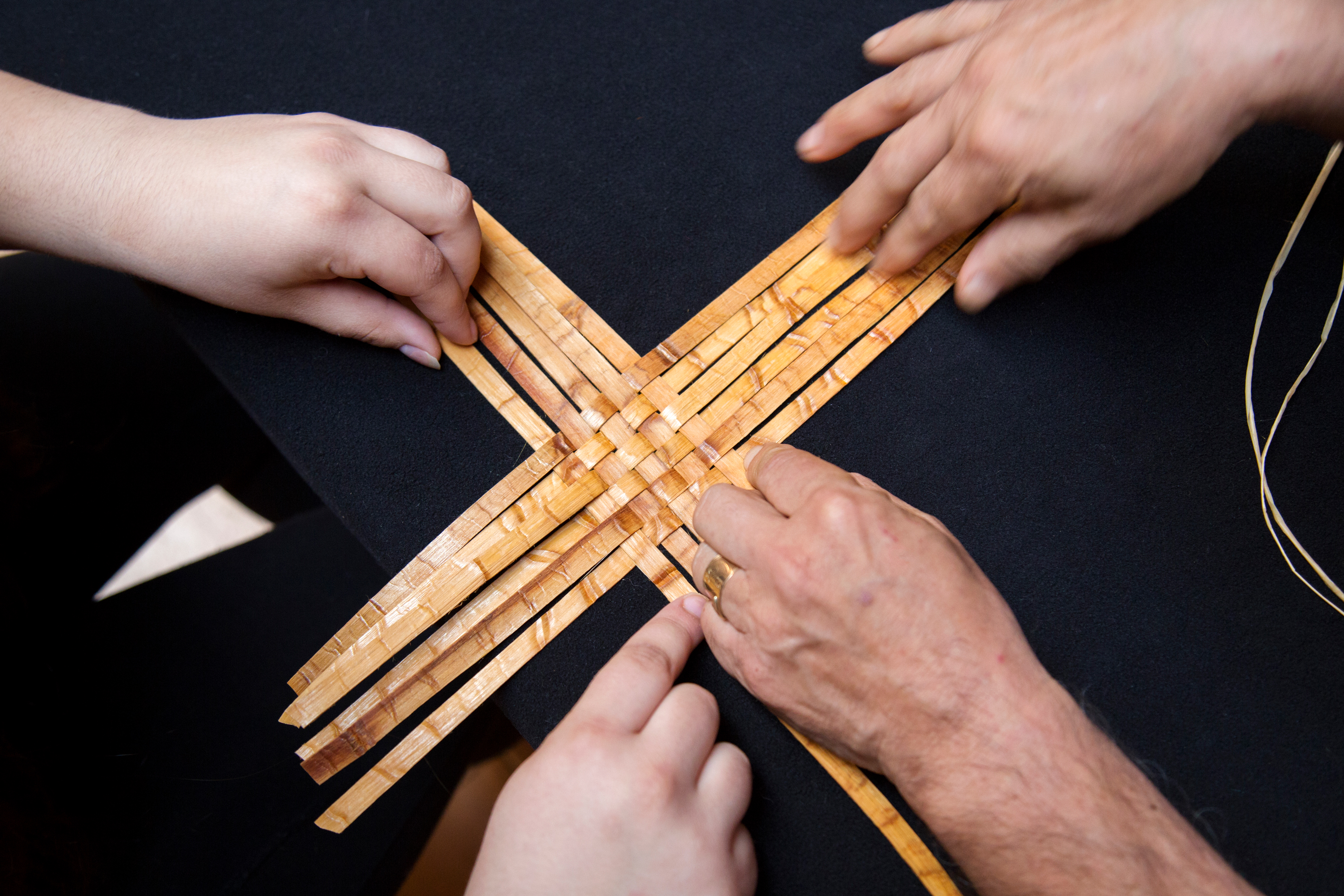
Cedar Weaving, University of Victoria.
Ensuring a clear pathway moving forward, the University of Victoria (UVic) began working alongside Elders, knowledge keepers and Indigenous community members on the first Indigenous Strategic Plan which was released in 2017. Cedar, which is sacred to Coastal Nations, was central to the strategic planning discussions and in defining the work that lay ahead for UVic to approach the decolonization of post-secondary education. Weaving cedar is always a purposeful activity, pulling strands together to create something durable and lasting. So too, was the Indigenous plan, weaving together teaching of the land and local Peoples, alongside voices from the broader community to provide a strong framework for the work ahead. This has also been a guiding principle in the development of the recently launched UVic Indigenous Cultural Stewardship program, where decolonial museum education involves a weaving together of the skills and knowledge of Indigenous leaders in the field, with the commitment of participants from the museum, heritage and cultural sector to develop a more equitable and sustainable future for the museum sector.
For over thirty years, the Cultural Resource Management Program at the University of Victoria has been serving the needs of emerging and mid-career professionals working in the museum, heritage, and cultural sector. Complementing museum studies undergraduate and graduate programs across Canada, the Cultural Resource Management Program serves the professional development needs of geographically dispersed professionals by providing timely, relevant, and accessible education in online and face-to-face intensive formats.
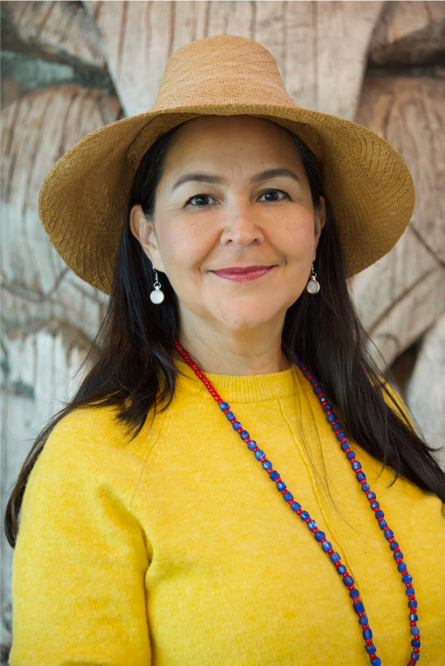
Lucy Bell, Cultural Resource Management Program Instructor. Photo — Roberta Aiken/Byrds Eye View Photography.
Lucy Bell Sdahl Ḵ’awaas, a founding member of the Haida Repatriation Committee and distinguished alumna of UVIC’s Cultural Resource Management Program, identified the importance of Indigenous-led museum education and training programs to develop the knowledge and skills needed to decolonize museum practices and ensure museums can be culturally safe spaces for Indigenous Peoples. While the right of Indigenous Peoples to practice, revitalize and protect their cultural traditions and belongings is well articulated in the UN Declaration of the Rights of Indigenous Peoples (UNDRIP), and an awareness of the need for change in the museum sector is clearly outlined in reports including the Truth and Reconciliation Commission Calls to Action and the Canadian Museum Association Move to Action report, it is critical that intentional, Indigenous-led museum education and professional development opportunities are available in order to develop the knowledge and skills needed to sustain generative change.
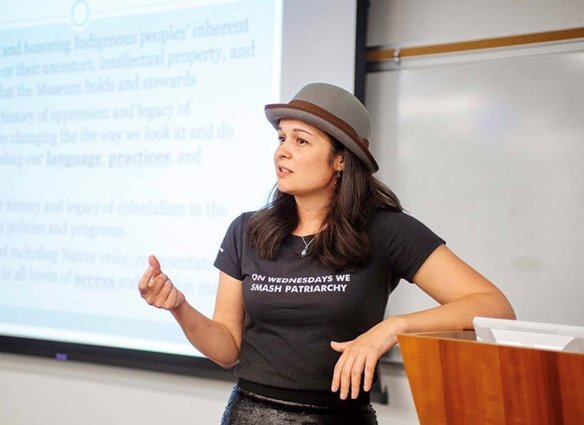
Brandie MacDonald, Cultural Resource Management Program Instructor.
Beginning in summer of 2022, the Cultural Resource Management Program began working with Brandie Macdonald, a citizen of the Chickasaw Nation, with Choctaw and Scottish ancestry and Executive Director and Chief Curator at the Indiana University Museum of Archaeology and Anthropology, and Lucy Bell Sdahl Ḵ’awaas, PhD (ABD), a Haida Nation-based scholar and member of the Tsiits G’itanee Eagle clan, on the development of a micro-certificate that would prioritize the voices of Indigenous scholars and cultural practitioners from across North America. The resulting Indigenous Cultural Stewardship micro-credential provides historical context for the relationship between museums and Indigenous Peoples to help participants understand the inherent connection between museums and colonization. For the emerging and established heritage and cultural workers, museum professionals, policy makers, and Indigenous scholars participating in the Indigenous Cultural Stewardship Micro-certificate, this has been an invaluable experience, providing the opportunity to develop a strong network of peers in the field with the collective desire to make tangible changes in the field. With a focus on both theory and practice, program participants have had an opportunity to develop actionable ways to implement UNDRIP in their organizations and contribute to reconciliation. The Cultural Resource Management Program at UVic is grateful to our first cohort of students for their courage and curiosity, and to our instructors for their dedication and vision. We look forward to many more years of working better, together.
Tania Muir is the Director of the Language, Arts and Culture in the Division of Continuing Studies at the University of Victoria (UVic) located on the traditional territory of the Lək̓ʷəŋən and W̱SÁNEĆ Peoples. Tania has 20+ years of experience working in both formal and informal educational settings including as a museum educator, teaching in the K-12 classroom, as well as in post-secondary education and leadership.
In her current work at UVic, Tania is responsible for a diverse range of community and professional programs in Indigenous Language Revitalization, Intercultural Studies and Practice, Indigenous Fine Arts, and Cultural Resource Management.
